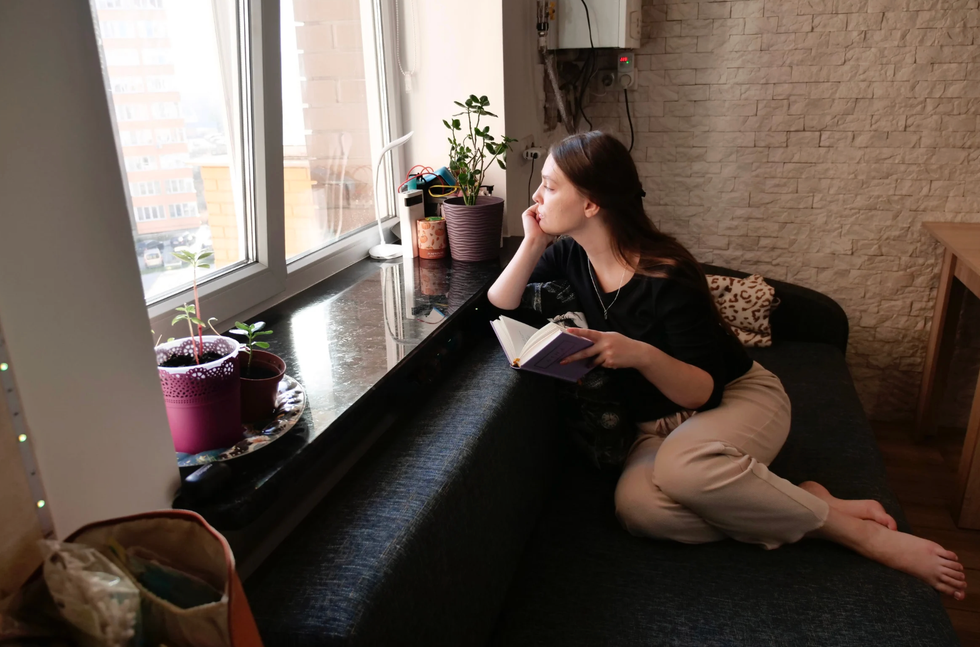Deb Roy is a researcher at MIT who wanted to understand how his infant son learned to speak. So, he wired his house with cameras and ultimately recorded more than 90,000 hours of video footage, within which existed over 7 million transcribed words from surrounding caregivers. By the end of two years, Roy had recorded his son as he learned 503 new words.
He then teased apart the patterns in the data and observed the influence of social environments on language acquisition. The resulting presentation is an astonishing reflection of his work.
Skip ahead to 4:56 to hear his son learning to convert “gaa” to “water.”
Roy’s research is not only remarkable in mapping out speech environments on a visual space-time continuum, but his experiment toward the end of the video, which tracks what he calls “word-scapes” in mass media, also sheds light on how much our speech continues to be shaped by the media that surround us.
The most important thing he learned, however, seems to be the way in which all three caregivers systematically restructured their language to meet his son at the simple birth of a word, and then escalated the complexity of their own speech to help him grow. So not only is the infant learning from his environment, but his environment is learning and responding from him. Thanks to technology, this amazing feedback loop can now be passed down to the boy’s kids, and so on.

















 Tow truck towing a car in its bedCanva
Tow truck towing a car in its bedCanva  Sad woman looks at her phoneCanva
Sad woman looks at her phoneCanva  A group of young people at a house partyCanva
A group of young people at a house partyCanva  Fed-up woman gif
Fed-up woman gif Police show up at a house party
Police show up at a house party 
 A trendy restaurant in the middle of the dayCanva
A trendy restaurant in the middle of the dayCanva A reserved table at a restaurantCanva
A reserved table at a restaurantCanva Gif of Tim Robinson asking "What?' via
Gif of Tim Robinson asking "What?' via 

 An octopus floating in the oceanCanva
An octopus floating in the oceanCanva


 A woman relaxes with a book at homeCanva
A woman relaxes with a book at homeCanva An eviction notice is being attached to a doorCanva
An eviction notice is being attached to a doorCanva Gif of Kristen Bell saying 'Ya basic!' via
Gif of Kristen Bell saying 'Ya basic!' via